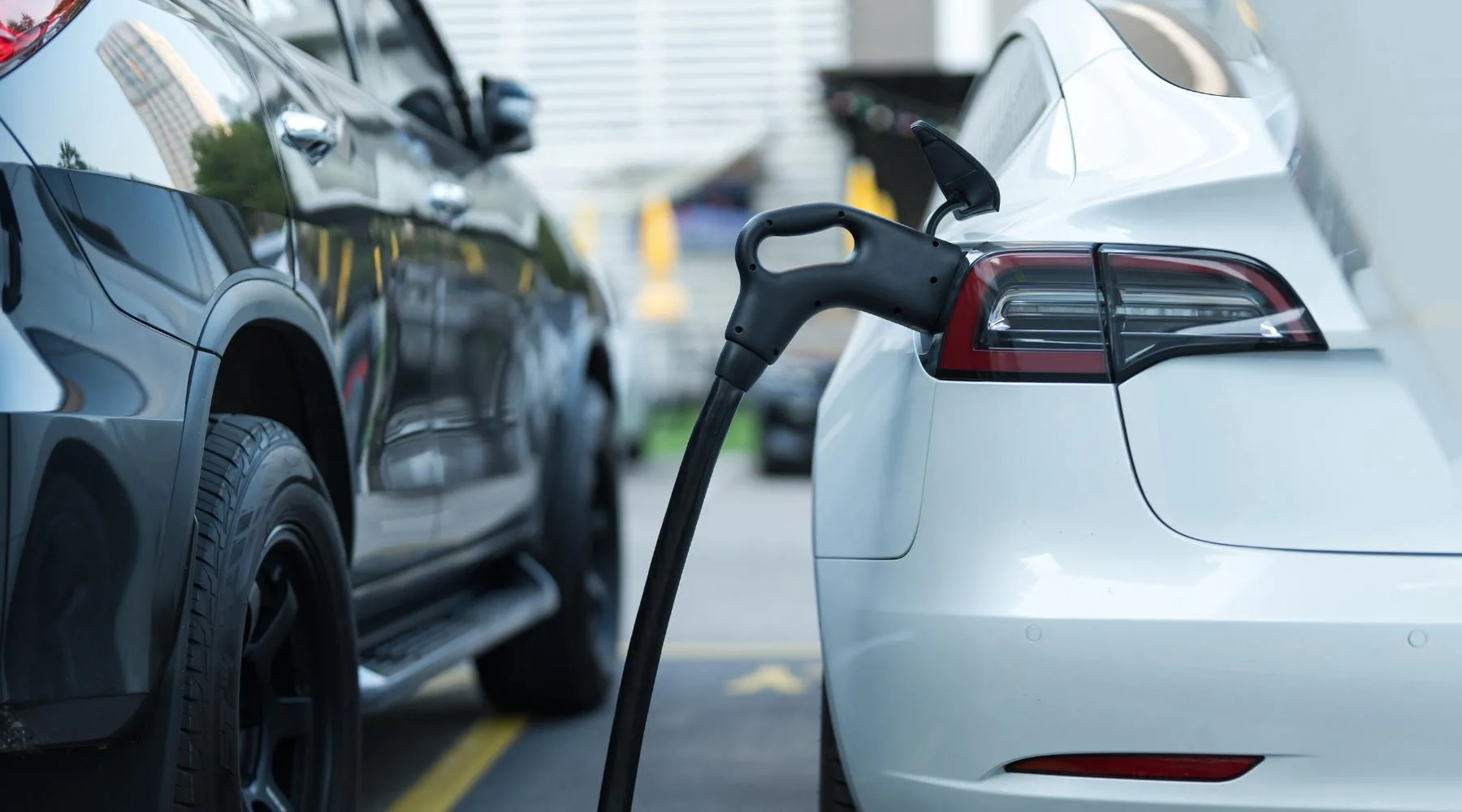Victoria’s EV tax scrapped: Motorists set to save $378

Controversial EV tax struck down – here's what it means for motorists.
Australian motorists can no longer be lawfully taxed by the states for driving an electric vehicle (EV), following the controversial tax being struck down.
The High Court on Wednesday ruled against the Victorian government on a case involving taxes on low-emission vehicles, which was first introduced back in 2021.
Under the tax, electric, hydrogen and plug-in hybrid vehicles were charged a fee for every kilometre they travelled.
What was the EV tax in Victoria?
Petrol-powered cars currently pay a federal excise – currently 48.8 cents on every litre of fuel you buy, indexed against inflation twice a year – which goes to fund national road infrastructure.
EV owners avoid this fee, as they don't pay for any petrol.
The Victorian government introduced this tax to raise funds for Victorian roads, with Victorian treasurer Tim Pallas estimating the tax had collected $7–8 million since it was introduced in 2021.
When the tax was first introduced it was dubbed the "worst electric vehicle policy in the world" by advocacy groups and saw EV motorists slugged 2.8c per kilometre they drove.
While the taxes angered EV groups, the government said it would help replace falling fuel excises with Australia transitioning to net zero. In Victoria, the state government expected it would pocket $30 million through the EV tax over 4 years.
How was the EV tax charged?
As an EV driver, you were required to take a photo of your car's odometer and send it to the state office.
Failure to do so resulted in a flat charge of 13,500km, or $378 a year, and the risk of having your registration suspended or cancelled.
Following the news in Victoria, states that were going to follow its lead – including New South Wales and Western Australia – will likely scrap these schemes.
What impact will this have?
EV activists such as the EVC chief executive Behyad Jafari is in favour of the tax being scrapped and argues that the money should be found in a way that does not discourage the take-up of cleaner vehicles.
"There is nothing inherently wrong with road user charges, but they should never be calibrated to discourage the take-up of electric vehicles," Jafari said.
UNSW professor of economics, Richard Holden agrees, saying that if "there is no road user charge, it will make EVs more attractive".
"But arguably the best way to incentivise EVs is through tax credits... while having a usage charge, which takes [into] account congestion and road wear and tear," Holden said.
Meanwhile, UNSW associate professor Yan Xu countered that the court's decision might put Australia even further behind.
"The court decision is disappointing. The ramifications can be significant as other states and territories may not be able to proceed with their initiatives on road charges in view of the decision," Xu said.
What does this mean for your next EV purchase?
The scrapping of the controversial tax is theoretically a good thing for EV drivers, as you'll save money on additional EV taxes – for now.
But with Finder research showing that 2 in 5 car buyers say their next purchase would be an electric or hybrid model, the government will need to find that money to fund road infrastructure somewhere.
Gary Ross Hunter, car insurance expert at Finder, says consumer demand for electric cars is at an all-time high with EVs and hybrids becoming a very common sight on our roads.
"From saving money to reducing their carbon footprint, Aussie drivers are ditching petrol cars in droves," Hunter said.
Looking to purchase a new EV? Check out our range of electric vehicle loans to compare and save.
Ask a question

